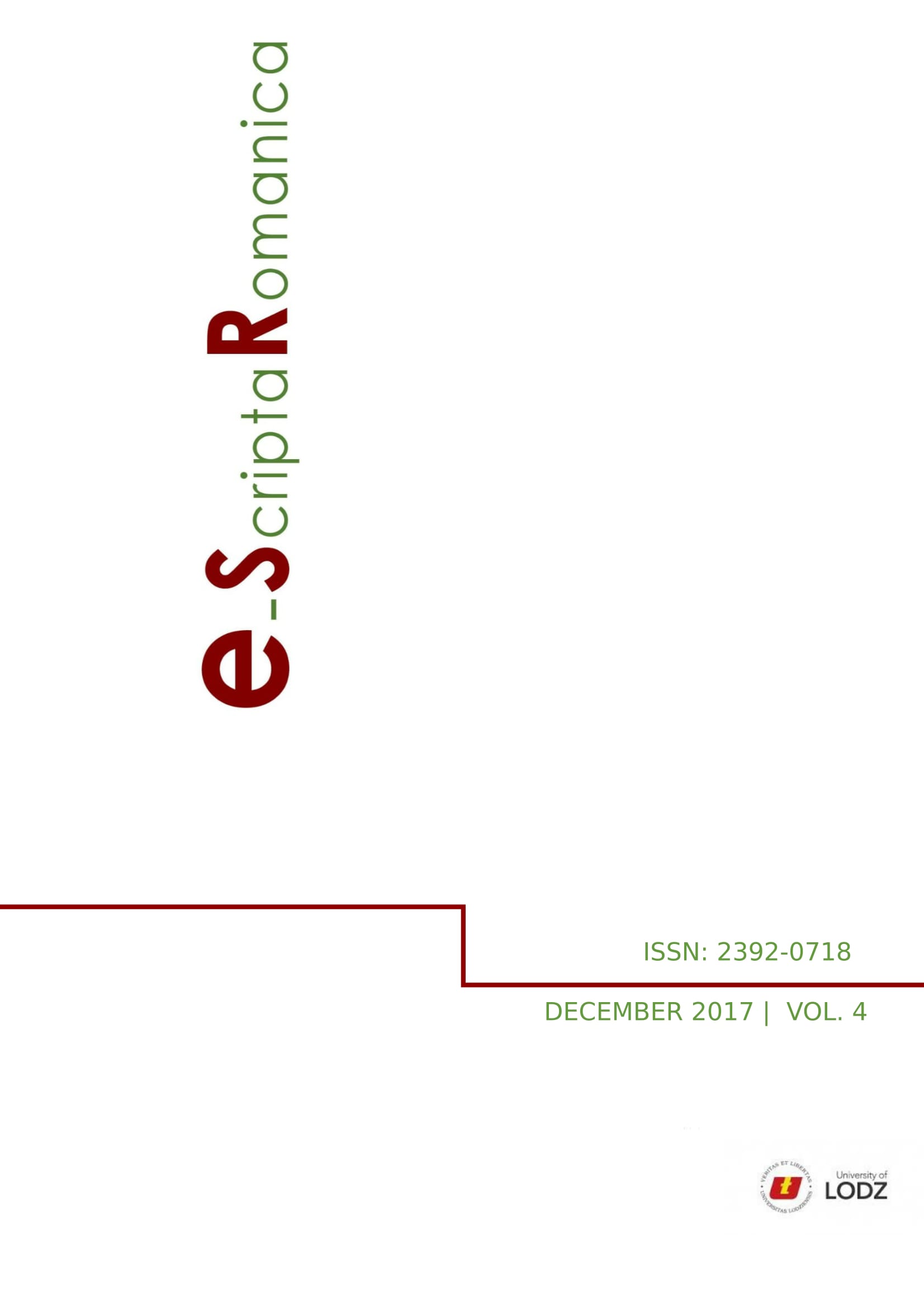Neología e identidad lingüística en el español de México
Neology and linguistic identity in Mexican Spanish
Author(s): Ramón Felipe Zacarías Ponce de LeónSubject(s): Language and Literature Studies, Applied Linguistics, Lexis
Published by: Wydawnictwo Uniwersytetu Łódzkiego
Keywords: neology; word-formation; productivity; linguistic identity
Summary/Abstract: From the onomasiological point of view, the process of coining new words is determined by sociocultural and identity aspects of linguistic communities (Štekauer 2005; Körtvélyessy and Štekauer 2014). In the development of a culture, the creation of secondary lexicon is closely related to the historical and social evolution of peoples. It is not surprising that in the varieties of the Spanish language different preferences can be found in the selection of the word-formation process used to name the world. In this paper, we will analyze that processes in Mexico and show that some are typical of this variety of Spanish and reflect current aspects of their society and culture. We will use the neological corpus Morfolex (Zacarías, 2016c), which compiles neologisms formed in Mexico in the last decade. Briefly describe the processes of collection and classification of neologisms and productivity criteria that allow to recognize the favorite word-formation schemes. Finally, it will be shown that among the most productive schemes are suffixes azo, iza, erío; compositional element narco; compound words of name and adjective (N+A), and blends.
Journal: e-Scripta Romanica
- Issue Year: 2017
- Issue No: 4
- Page Range: 116-124
- Page Count: 9
- Language: Spanish

